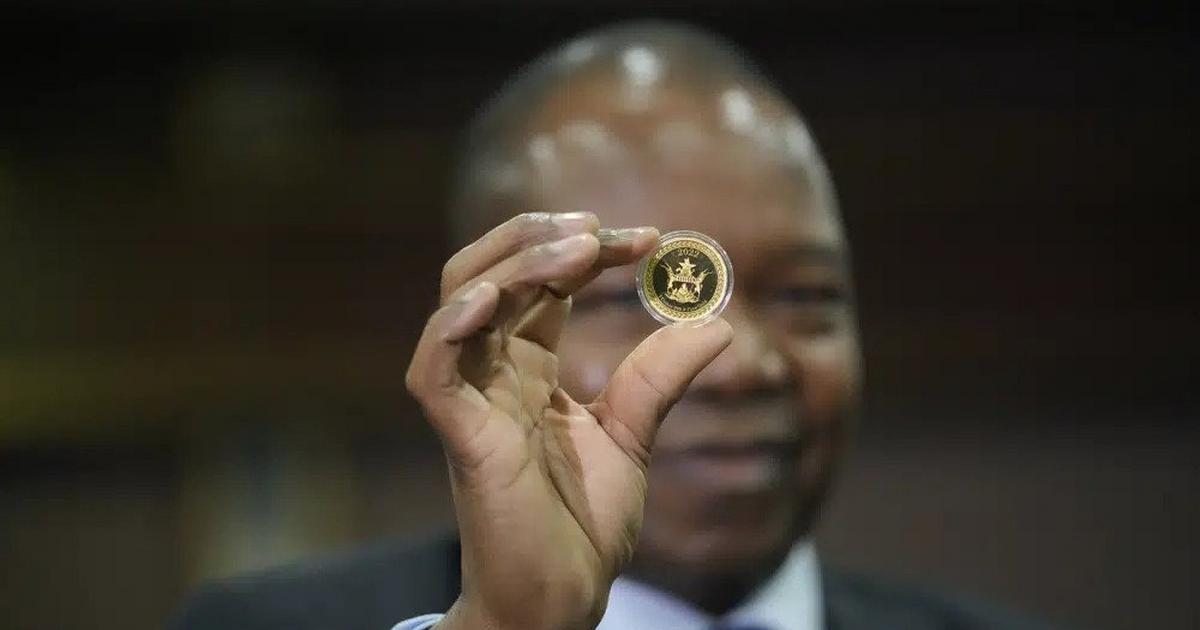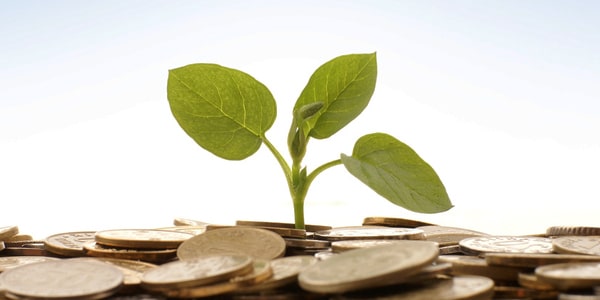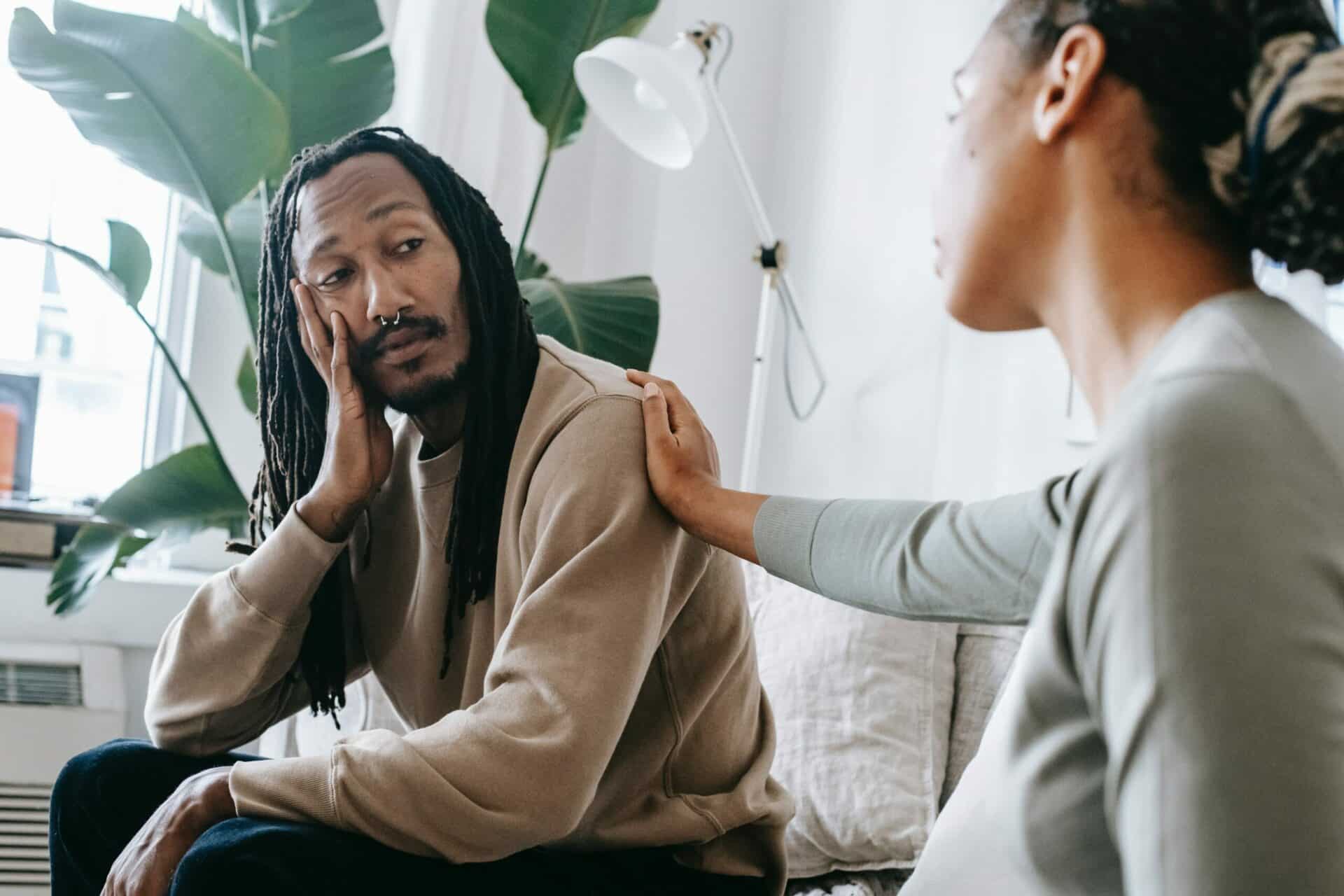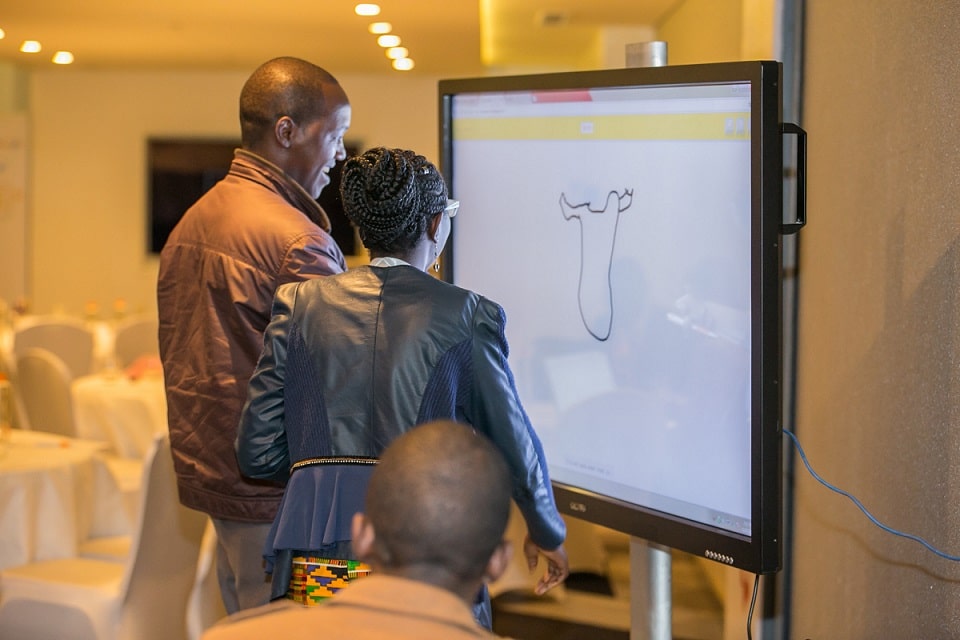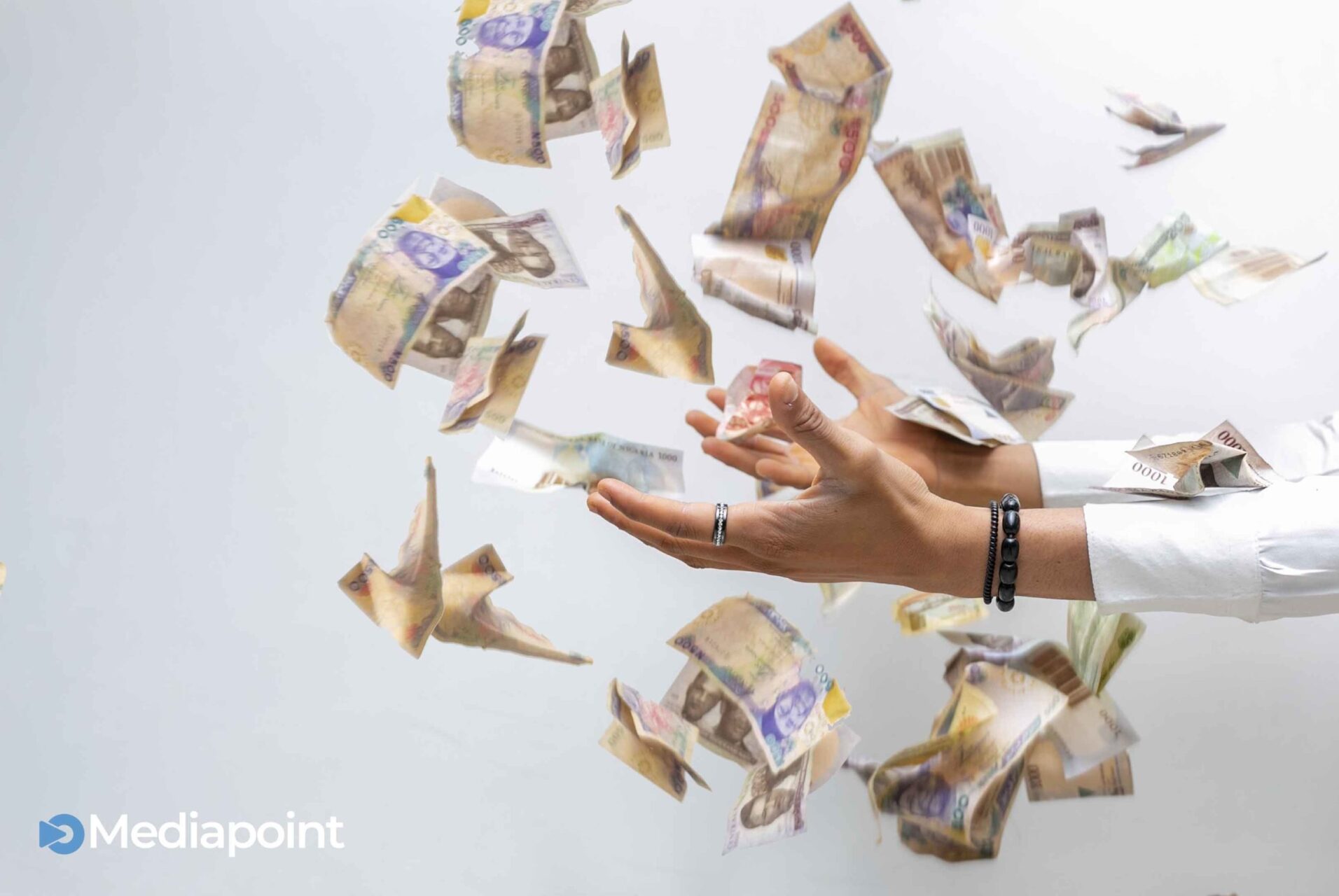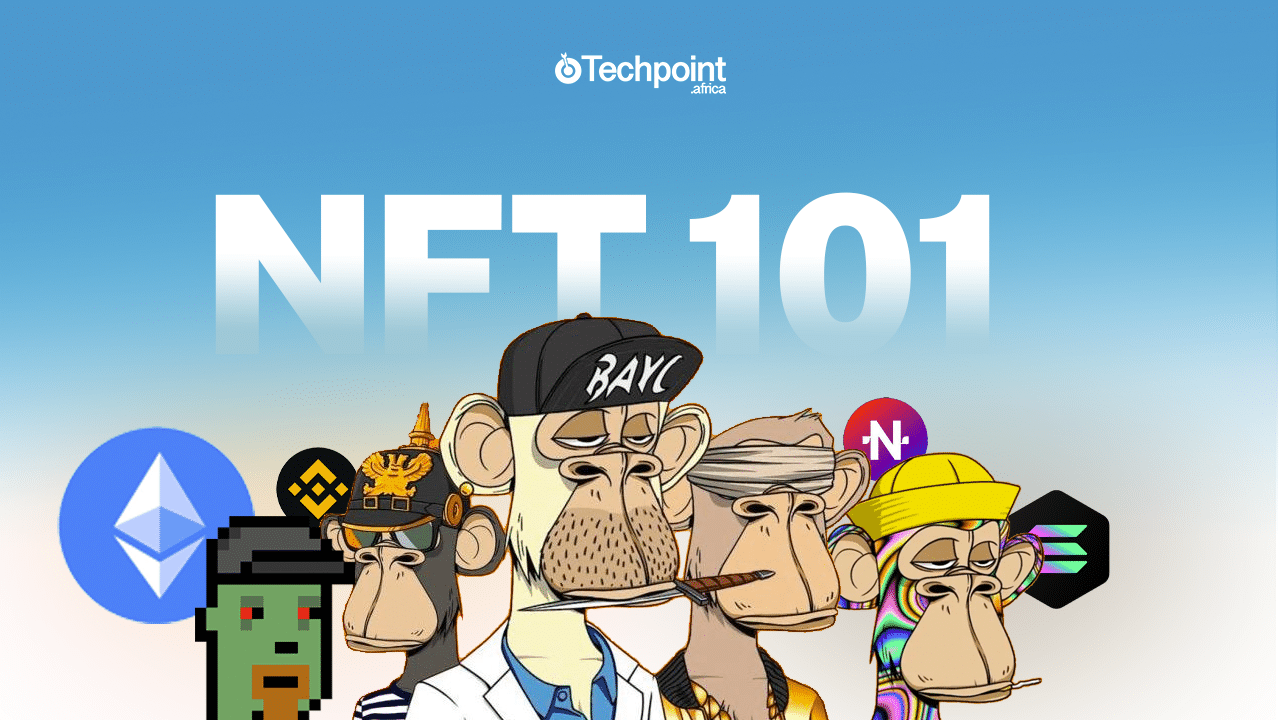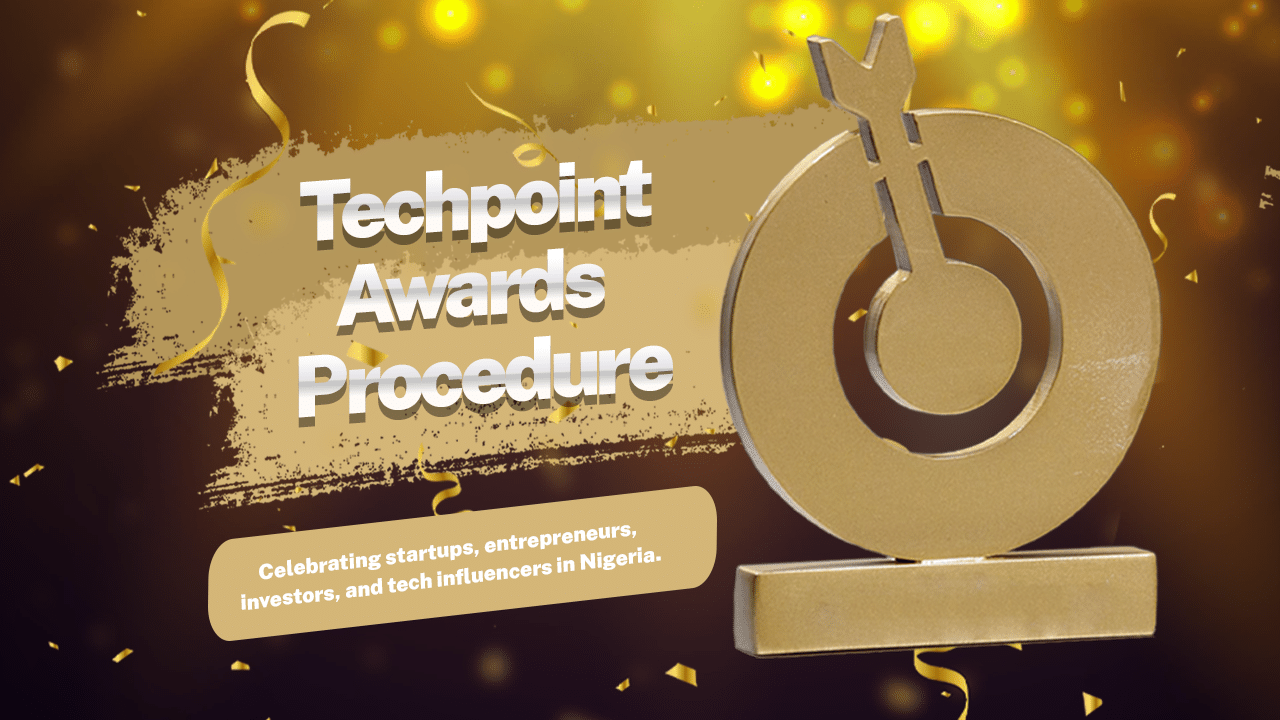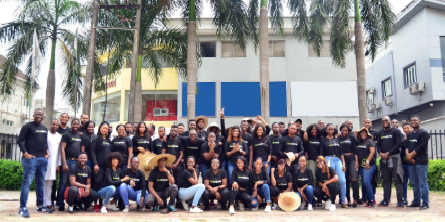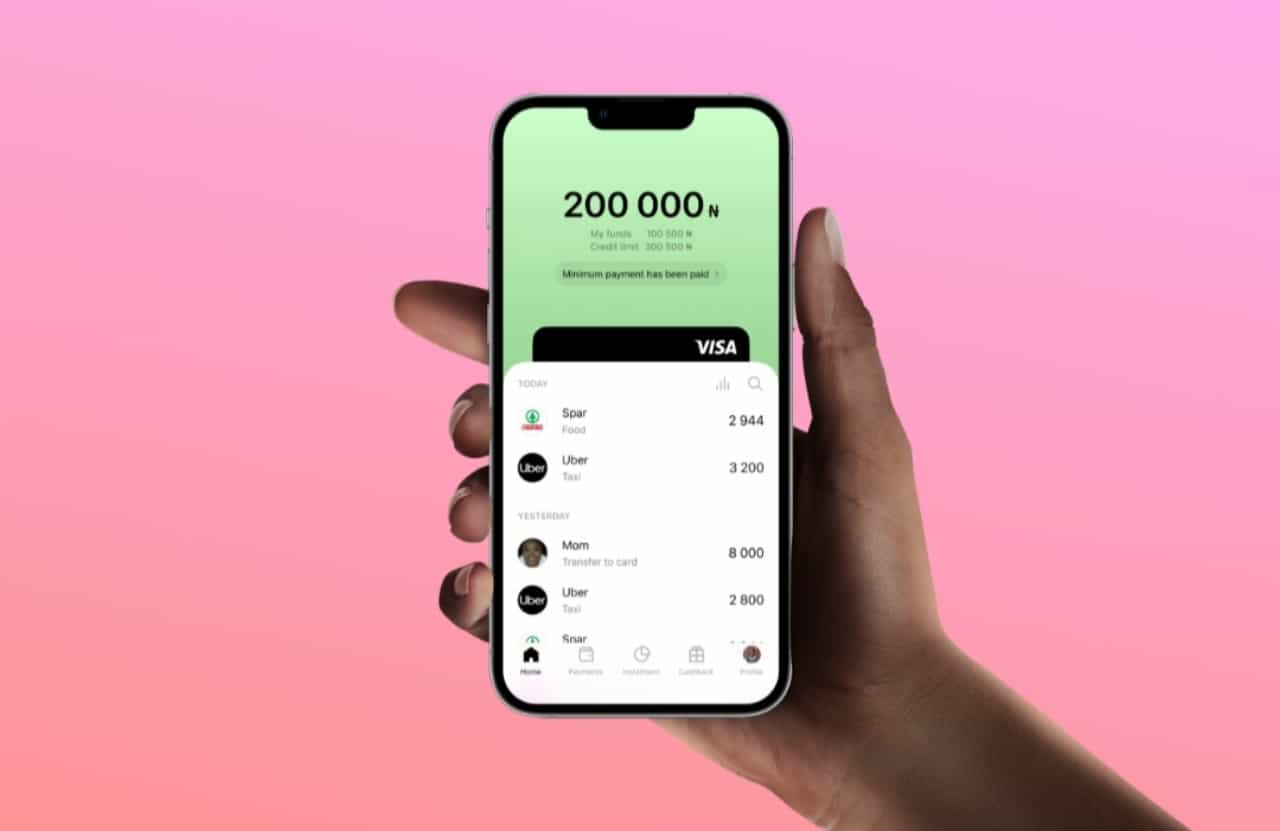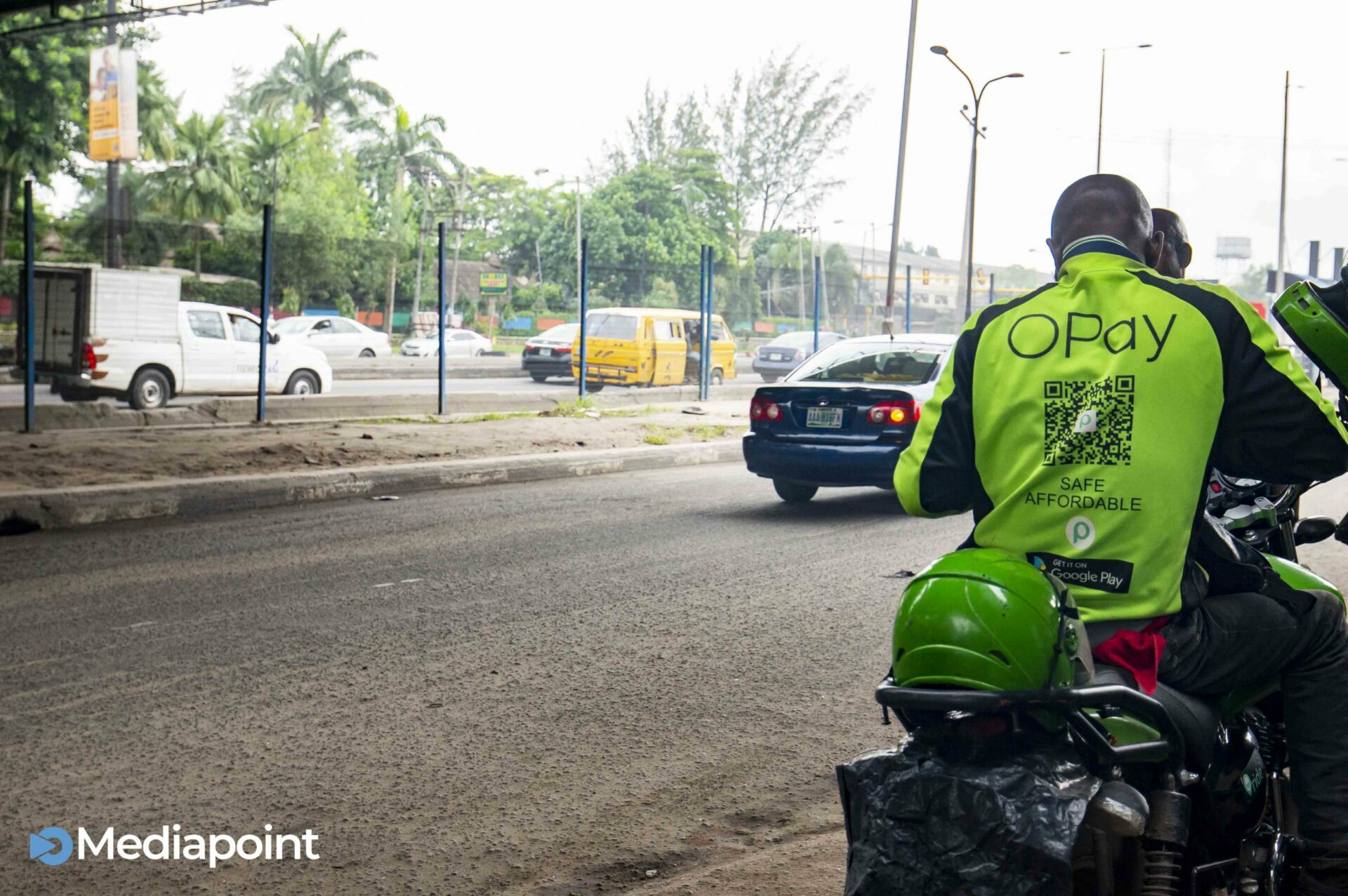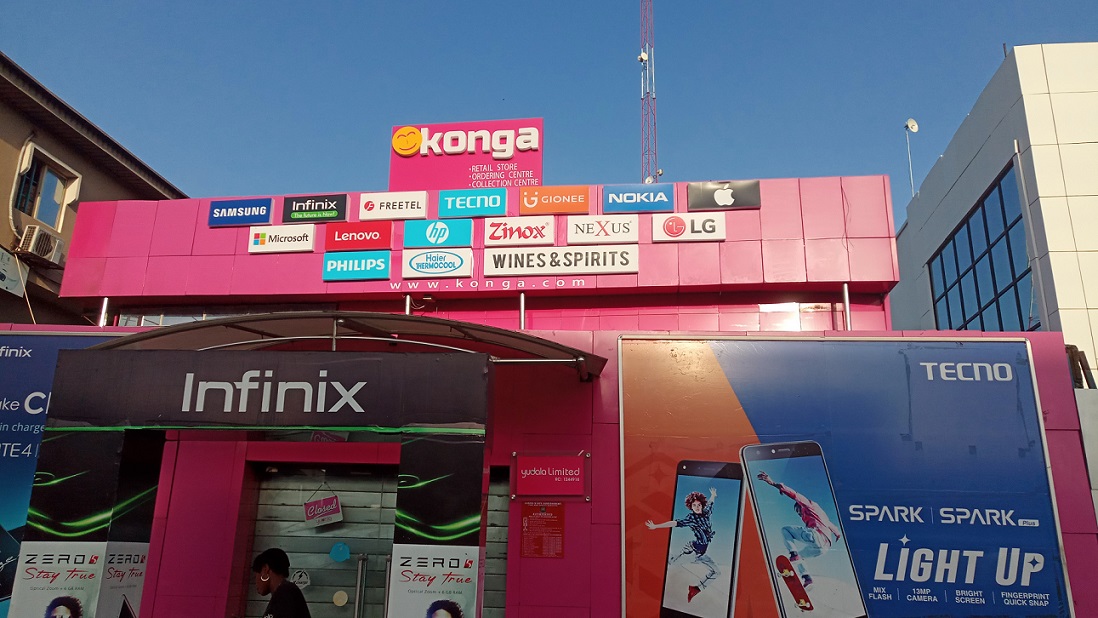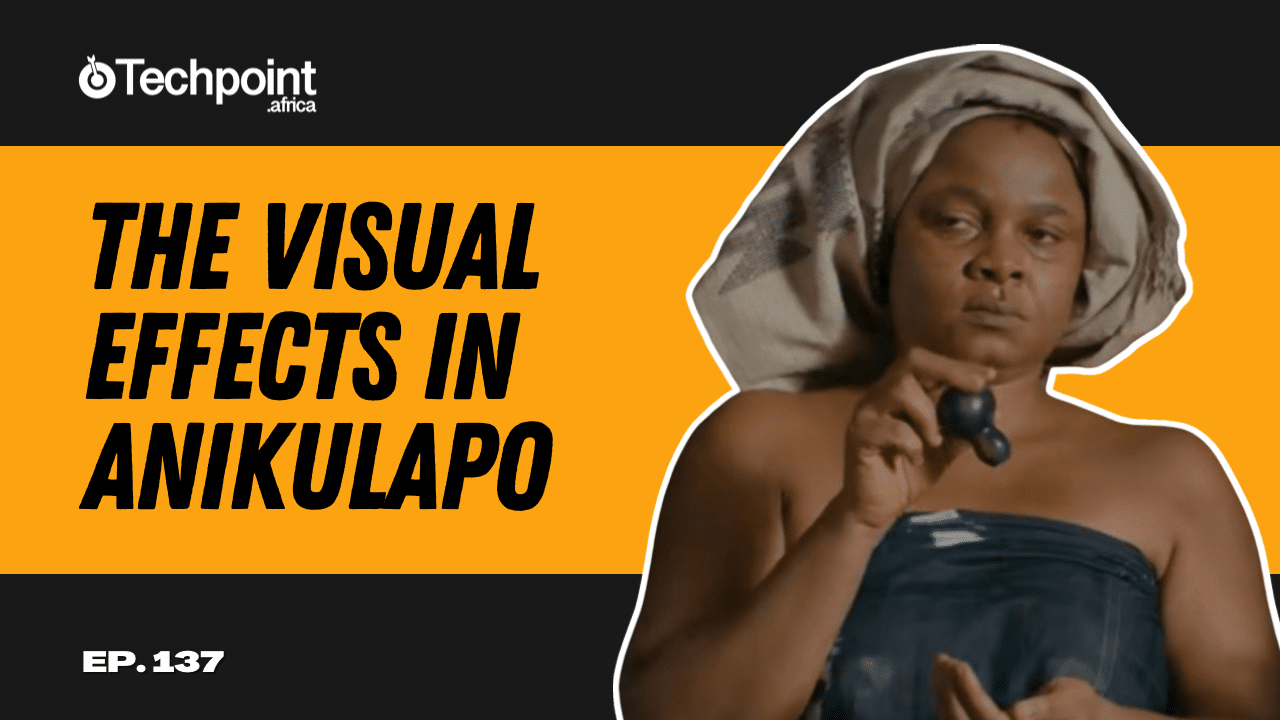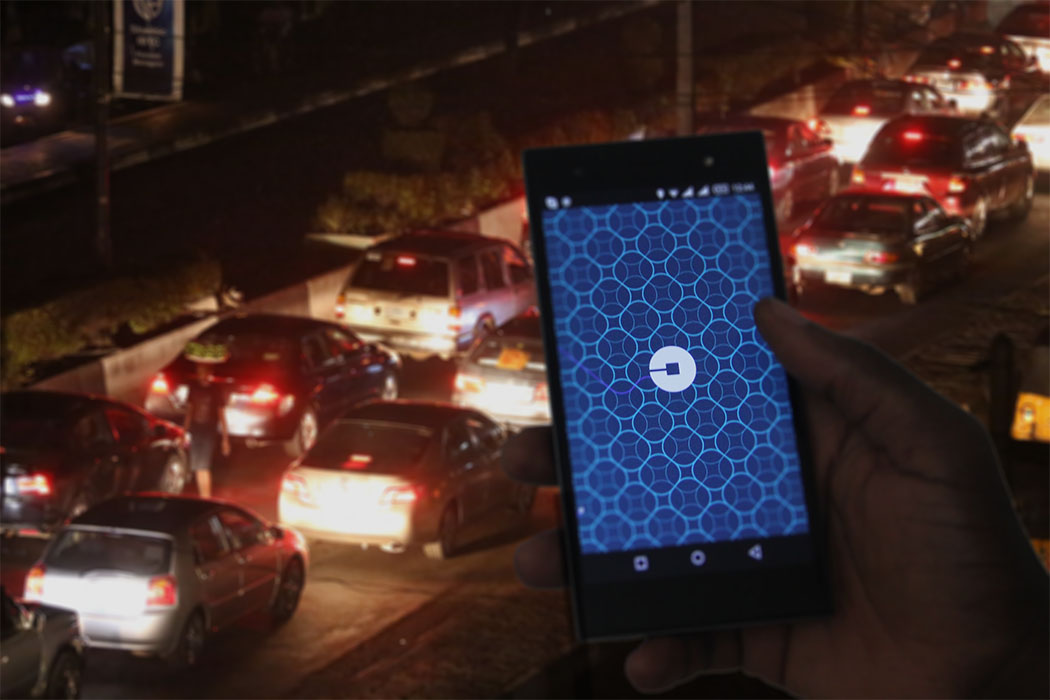As with most new years, people entered 2020 armed with plans and full of expectations. However, as the year comes to an end, the world is yet to recover from the blows it dealt.
The modus operandi of many things changed during the year because of the coronavirus, with social media habits also affected as more people spent time online following pandemic-induced lockdowns.
And partly because of this, new trends emerged on different social media platforms forming part of the year’s highlights. Here’s an inexhaustive list of hashtags that went viral during the year.
#WorldWarIII and #WWIII
2020 started on quite an interesting note. Just three days into the year, #WorldWarIII and #WWIII were trending on Twitter. After President Donald Trump ordered an airstrike that killed General Qasem Soleimani -- Iran’s second-in-command, the trend caught fire.
Me: Let’s log onto Twitter shall we!
*sees WWIII, World War 3, World War III, Bin Laden, Iranians and Middle East trending simultaneously* pic.twitter.com/5JcjA37Nhg
— Certifiably Sub-Par (@Michael_AC23) January 3, 2020
Why it trended
The trend started as people’s uncertainty, fuelled by threats from Iran's leader, Ayatollah Khomeinei, and Donald Trump’s response, caused them to draw parallels between General Soleimani's death and a killing that happened in 1914 which led to World War 1.
In the following days, many people posted jokes and memes based on speculation.
#WWIII do you all belive this? Maybe there will be a conflict between those two countries but there won’t be #WWIII But I am kinda scared. I don’t know what is going to happen in the future. 💀 pic.twitter.com/4LLtxVgNdG
— *sipsTea* (@sipsTea67953489) January 3, 2020
IM FUCKING DEADDDDDDDDD #WWIII pic.twitter.com/H9dMXxet9o
— KEHR (@KelpKen) January 3, 2020

Be the smartest in the room
Give it a try, you can unsubscribe anytime. Privacy Policy.
Are the Iranians coming?
...Negative sir#worldwar3 #WWIII #WorldWarIII pic.twitter.com/XoNcpFatkK
— Dr SOLUTION (@DrIdiokOfficial) January 3, 2020
#COVID19-related hashtags
If 2020 were a movie, the opening theme music would be dramatic with many countries panicking early on as coronavirus casualties increased globally. Expectedly, sensitisation started on the streets of social media.
Social media posts typically had either virus-related hashtags -- #Coronavirus, #Covid19, etc. -- or hashtags focusing on the lockdown -- #StaySafeStayHome, #MaskUp, #LockdownChallenge, #SocialDistancing, #FlattenTheCurve, and #WorkFromHome, among others -- which started trending around March across all social media platforms.
It's no doubt you're spending more time on your devices during this period.
Keep your eyes safe by onserving the 20-20-20 rule. For every 20 minutes on your devices, take a break to look at least 20 feet away for at least 20 seconds.#StayAtHome #COVID19 #WorkFromHome
— Atlanta Eye Clinic, Abuja (@AtlantaEyeAbuja) March 31, 2020
Why they trended
The hashtags trended because they were often accompanied by information people considered relevant to the time, such as updates on the number of infection cases. They also discouraged people from engaging in things that put them at risk or that spread the virus.
And of course, being social media, people threw some fun into the mix by sharing lockdown and work from home (WFH) experiences.
No need for #BBNaija this year, we're all housemates already
If them evict you, Na isolation centre straight. #StaySafeStayHome is it true that I look like my role model @AdizatouGabon here..if it's true am really blessed pic.twitter.com/dbhPJcyvUw
— goal digger 💖 (@KuduMinat) April 22, 2020
During this quarantine I have been working out a lot to help keep my mind active and focused. I can proudly say my quarantine body isn't that bad and I can spot my abs coming through💪😍. #StaySafeStayHome everyone and at the end of the day,we will recover every lost times. pic.twitter.com/nlZR8vwq0c
— OBASI CHIDIMMA (@chidimma_obasi) April 22, 2020
To ensure we keep our environment safe and curtail the contagion of #COVID19, we are deploying disinfectant equipment to fumigate the entire state.
These fumigation machines, will be deployed to every part of the metropolis for sterilization of our public spaces & surfaces. pic.twitter.com/0dQta7T1DF
— Babajide Sanwo-Olu (@jidesanwoolu) March 26, 2020
Good morning!
For most of us who will be working from home due to #covid_19, these are tips that have helped me in the past year. Hope it helps you too🤗. #wfh #takeresponsibility… https://t.co/AsRQFBx3rx— Adaeze Zita (@Adaeze_zita) March 26, 2020
Read more here.
Fun hashtags
#DontRushChallenge
The lockdown saw people get involved in different virtual challenges designed to crank up the fun; one such was the #DontRushChallenge.
Co-created by a Nigerian, the challenge started on Twitter in March after gaining popularity on TikTok before taking over other social media platforms.
The challenge that had people showing off their fashion transformation skills didn’t fizzle out as quickly as many others because people did several remakes across the globe.
People the world over put out videos of themselves in home wear before ‘magically’ appearing at the end all dressed up and made over.
A three-step process, the challenge starts with a shot in pyjamas or a bathrobe before the camera lens is covered with a makeup brush, hairbrush, or a towel.
The final step is the removal of the item covering the lens to reveal exquisitely dressed people. Behind the ‘scenes’, in step two, is where the transformation takes place. And if you wonder how the challenge got its name, these videos were overlaid with ‘Don’t Rush’ by Young T & Bugsey.
The #BopDaddyChallenge started soon after with the use of ‘Bop Daddy’ by Falz for the overlay the only difference.
You babes cannot just be tensioning us anyhow with the make-up brush, lol. we are officially bouncing back 😤😤 Who’s collecting the baton from me? 👀 #BopDaddyChallenge #Transformation #MakeUpBrush #Dontrushchallenge pic.twitter.com/Z0XktB8I1P
— Bop Daddy (@falzthebahdguy) March 30, 2020
Why it trended
The creators of #DontRushChallenge set out to empower women to embrace their beauty, with or without makeup. And if popularity is a yardstick of measurement, they appeared to have succeeded as many women of colour took it on, before men joined the bandwagon.
As friends were separated by the lockdown and usual hangouts couldn’t occur, the trend helped them connect while separated. For the outgoing and fashionable, idleness crept in as they were forced to stay indoors. So the challenge presented a good reason to dress up and pass the time.
#DontRushChallenge Pan-African #GirlBoss Edition - Bold, Conscious, Confident - The future is Young & #Female
She’s a multi-dimensional leader.
She’s Fearless.
She is #African pic.twitter.com/wiFBTHvyWF
— Aya Chebbi (@aya_chebbi) April 18, 2020
Meanwhile, some female officers of the Nigeria Immigration Service were redeployed as punishment for the “indecent flaunting of their bodies” after they released their version of the #BopDaddyChallenge
After the video was released, they got a query from the Comptroller general threatening dismissal from service. pic.twitter.com/UG12fdqhgZ
— Ayobami (@dondekojo) April 20, 2020
#DontLeaveMeChallenge
The inventor of #DontLeaveMeChallenge, Josh2funny, didn’t expect it to take off the way it did. The hashtag became a global online sensation in June after the first mention in March, and it has been replicated in different local and foreign languages.
https://twitter.com/josh2funny/status/1242395830386077697
The challenge features a person or a group of people creatively doing wordplay and an observer — usually the person behind the camera — playing the role of a hype man and urging them to do more by screaming “don’t leave me!” or “take me with you!”
https://twitter.com/josh2funny/status/1278347497941934080
As expected, many people jumped on it, and the mentions hit the ceiling on TikTok, Twitter, and Instagram in the first week alone.
DONT FOLLOW ME! 😡😡😡 #dontleavemechallenge pic.twitter.com/dC9jRRzv0w
— Dr Craze (@crazeclown) June 24, 2020
Why it trended
One might be right to say that the #DontLeaveChallenge went viral because of the creativity required to pull it off and the infusion of humour. However, you would not be too far off the mark if you said that Josh2funny’s previous works drew attention to the challenge.
https://twitter.com/josh2funny/status/1276781601490382848
Nahhhhh the Japanese version elite 😭😭😭 https://t.co/irN2NV29YL
— Jeff Johnson (@JeffJSays) June 22, 2020
A variant of the challenge was tweets with puns accompanied by the hashtag.
If Josh creates a viral comedy trend, do we say Josh2Funny?#DontLeaveMeChallenge pic.twitter.com/OoK5CetKIi
— Sterling Bank (@Sterling_Bankng) June 25, 2020
Away from the fun
#SayNoToRape
Within a few days of each other in May 2020, two sexual assault incidents occurred in different parts of Nigeria provoking reactions online with the hashtag #SayNoToRape, #NoToRapeCulture, and #NoMeansNo condemning the act. This soon translated to peaceful protests in some parts of the country.
Reacting to a trending hashtag -- #JusticeForUwa -- barely a week after the incident, writer and tech entrepreneur, Kelechi Udoagwu, claimed thatTizeti Network CEO, Kendall Ananyi, sexually harassed her.
[auto-iframe link=https://techpoint.africa/2020/06/08/nigeria-tech-space-sexual-assault/embed tag=first]
Why it trended
Rape and sexual assault are fast becoming recurring trends seldom treated with the seriousness they deserve.
In June 2019, Busola Dakolo’s made rape allegations against Biodun Fatoyinbo, Senior Pastor and Founder of Commonwealth of Zion Assembly -- COZA. And in October, a BBC documentary on #SexForGrades exposed lecturers in a Nigerian and Ghanian university.
And because too little is said by relevant authorities about the act and victims hardly get justice, trends like this are often used to push the narrative and promote the culture of victims speaking out without any fear of stigmatisation.
Expectedly, some famous people supported the cause.
I hope everyone who have been victims do find their healings and get the justice they deserve #SayNoToRape
— ITS DON JAZZY AGAIN 🤍🐘 (@DONJAZZY) May 11, 2020
As a Christian man, I will preach to you with my life, not just with my mouth. I will always do good and not evil. I will love, not hate. I #SayNoToRape Join me this morning at 9am, at the #mens2020conference with @PGwins, to talk about Integrity and Influence. pic.twitter.com/9e1f9MyVmH
— Dr Joe Abah (@DrJoeAbah) June 20, 2020
The system has to stand with us against all forms of sexual violence against women. Silence is death. Rape is vile and the victim must be heard not silent. The fight against rape will only be half way won when we stop slut shaming and victim blaming. #SayNoToRape #NomeansNo https://t.co/LXlZQYhhjK
— Nse Ikpe-Etim (@NseIkpeEtim) June 18, 2020
#EndSARS and #LekkiMassacre
The #EndSARS movement has been an annual online trend since 2017. Still, it grew beyond Nigeria’s shores this year as it resulted in massive physical protests in most Nigerian cities and outside the country.
Having received so much international recognition online and offline, it is the most popular Nigerian trend.
The protests lasted three weeks, with the first round beginning in Lagos on Sunday, October 4, 2020.
If you missed the #EndSARS protest in Lagos today, share this video!
Nigerian Youths are not cowards! https://t.co/SUKd2PKxdb
— Dr. Chinonso Egemba (@aproko_doctor) October 9, 2020
#EndSars is a peaceful and law abiding protest that is going somewhere great! And no mischief can scatter it!
— Davido (@davido) October 19, 2020
#EndSARS has no leader. It’s an outcry of the people, for the people, by the people.
— Ovie (@OvieO) October 10, 2020
And they later gave rise to the #SoroSoke movement.
Guys, raise your voices, do not let anyone distract you. There is a reason people want to be leaders of the protest
Focus on the goal, anybody trying to distract you is the enemy
— Tunji Andrews (@TunjiAndrews) October 14, 2020
"@alfaruqstories: #ENDSWAT Protesters at Maryland Bus stop, Lagos.
Everyone must hear this message.#ENDSARSOPPRESSION#sorosoke #EndBadGovernanceinNIGERIA pic.twitter.com/EFkvqak471
— GIDI (@Gidi_Traffic) October 14, 2020
Hoodlums reportedly hijacked the protests with attacks on people, disruption of peace, and destruction of public property following.
On Tuesday, October 20 -- now considered a black day in Nigeria’s history -- people believed to be officers of the Nigerian Army shot at the Lekki Tollgate protesters.
This birthed trends like #LekkiMassacre2020, #LekkiTollgateMassacre, and #WhoOrderedTheShooting.
This is pure evil!! #endbadgovernanceinnigeria #enoughisenough #LekkiTollGateMassacre #Repost @bimboademoye
• • • • • •
Can you hear? The military men refused the ambulance to go save wounded victims at the lekki toll. https://t.co/Y4nF3F3AwB— Stella Damasus (@stelladamasus) October 20, 2020
People in Lekki sitting on the floor, signing the national anthem & waiving the Nigerian flag just a few minutes before fire was opened on them.
pic.twitter.com/H7gCaIE72w— Moe (@Mochievous) October 20, 2020
Why it trended
2020’s #EndSARS trend started after the video of a SARS -- Special Anti-Robbery Squad -- officer fatally shooting a young motorist in Ughelli, Delta State, before dumping his body and driving off in the dead man’s car hit the Internet.
Expectedly, another round of calls to end police brutality began. But this time, there was an addition: scrapping SARS, the arm of the Nigeria Police Force notorious for excessive use of force.
Failed promises to disband the unit in the past encouraged protesters to maintain their stand while presenting their 5-point demands, tagged #5for5 on social media. #EndSARS mentions increased as physical protests intensified within and outside Nigeria.
With the online push as important as the physical protests to create awareness in the hope of engagement, the trend was recognised internationally as Jack Dorsey, Twitter CEO, tweeted his support for the movement.
However, with the deaths recorded on October 20, the offline protests ended, and the activism has remained online.
Meanwhile, #LekkiMassacre also trended on Twitter on the 20th of November and December to remember the victims and call for justice.
20. 10. 20.
2 months today. #EndSARS
— Tola (@adetolaov) December 20, 2020
20.10.2020
2 months ago, the Nigerian army opened fire on peaceful protesters, killing and wounding dozens.
What will be done?#LekkiMassacre #LekkiGenocide #EndSARS pic.twitter.com/S82lATYplb
— Ire Aderinokun (@ireaderinokun) December 20, 2020
Other worthy mentions: #GeorgeFloyd, #ICantBreathe, #BBNaijaLockdown, and #SocialMediaBill
[auto-iframe link=https://techpoint.africa/2019/11/08/social-movements-twitter-nigeria/embed tag=second] https://zp-pdl.com/online-payday-loans-in-america.php http://www.otc-certified-store.com/animal-health-medicine-usa.html https://zp-pdl.com/get-quick-online-payday-loan-now.php займ на карту маэстро быстрозайм на карту или киви кошелексрочно займ под залог недвижимости


